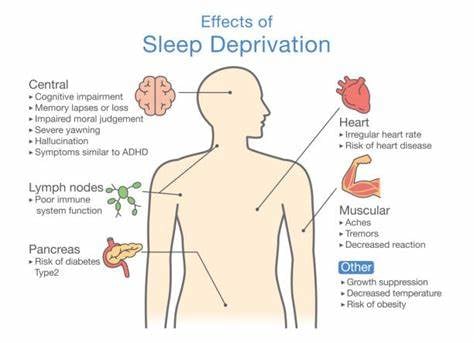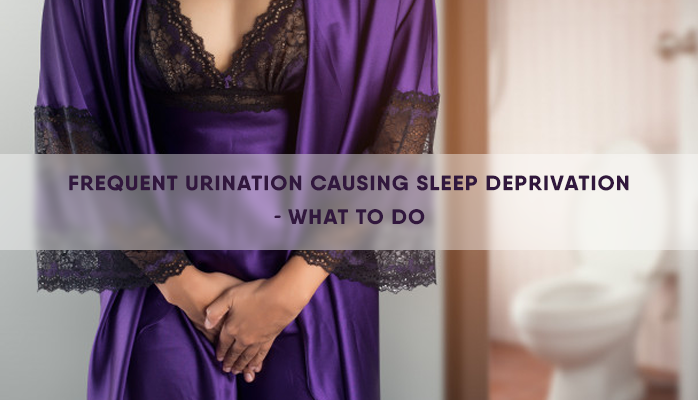Frequent Urination: What is Nocturia?
Do you get up frequently during the night to urinate? The term for this is nocturia, of frequent urination throughout the night that requires you to wake up. This is a problem because the frequent rousing can interfere with your sleep cycle and lead to sleep deprivation.
Nocturia is a common cause of sleep loss. People without nocturia can usually go 6 to 8 hours of sleeping without having to urinate. Getting up once per night is likely not going to cause problems. Getting up 2-3 times per night is likely to cause daytime sleepiness. Nocturia may require one to get up 4-6 times or more, potentially leading to severe sleep deprivation [Sleep Foundation].
What Causes Nocturia?
There are many causes of nocturia, mainly lifestyle factors, medical conditions, sleep disorders, and natural factors. It’s important to note that until recently, it was thought that nocturia was caused by a full bladder. While this certainly may be true in some cases, there are many other reasons for nocturia that don’t involve a full bladder.
First, there are numerous medical conditions that can cause nocturia, such as:
- Sleep apnea
- Urological infection
- Tumor of the bladder or prostate
- Disorders affecting sphincter control
- Heart failure
- Liver failure
- Diabetes
Nocturia is also a naturally occurring phenomenon:
- As we age, because as we get older we produce less anti-diuretic hormones and/or our bladder loses holding capacity as we age
- During pregnancy, due to the bladder being squeezed
Finally, lifestyle factors and habits can cause it, such as excess alcohol, coffee, or water at night.
Symptoms of Nocturia
The main symptom of nocturia is waking up multiple times throughout the night to urinate. Other factors to think about are:
- How many times do you usually wake up to urinate?
- Are you waking up enough that you are experience daytime tiredness?
- How much are you urinating when you wake up?
- Have you been cutting alcohol before bed?
- Have you cutting out caffeine before bed?
- Have you been limiting alcohol before bed?
These are important questions in establishing why you may be experiencing nocturia and how severe it is. The more severe the nocturia, the more severe the sleep deprivation:

Treating Nocturia
If you are experiencing nocturia, consult your doctor or sleep specialist right away. It will be extremely helpful to keep a daily diary of:
- How many times you woke up the previous night
- How much urine you expelled each time you went
- What you drank the previous evening and when you drank it
- How you feel during the day (okay, tired, very tired, etc.)
Generally, treatment begins with medications, bladder or neurological tests, an ultrasound, or a recommendation to a sleep center for testing.
Tips for Reducing Likelihood of Nocturia
There are a few lifestyle habits you can make to help prevent nocturia:
- Drink a majority of your liquids earlier in the day
- Cut out drinks in the last two hours before bed, especially alcohol and caffeine which stimulate urine production
- Keep a diary if you having trouble with nocturia to see if you can identify lifestyle habits that may be causing it
If you or someone you know is struggling with sleep-related issues, then please click the orange button below to take a free online sleep test and talk with one of our sleep health professionals.


